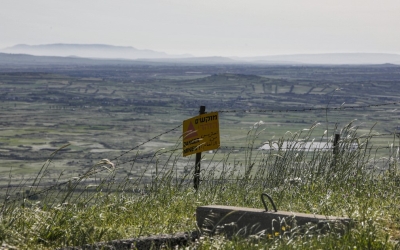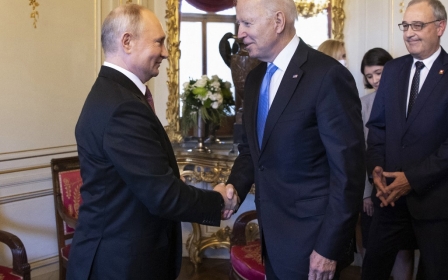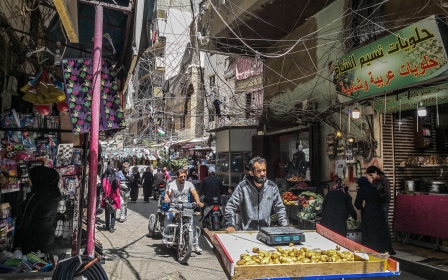Biden administration warns allies against restoring ties with Syria

A senior US official has warned countries in the Middle East against restoring ties with Syria, citing atrocities committed by the government of President Bashar al-Assad, as well as stringent sanctions against doing business with Damascus.
On a call to reporters on Friday, Joey Hood, acting assistant secretary of state for Near East affairs, said Washington's opposition to the Syrian government would not change unless there was a "major change in behaviour" in Damascus.
"With regard to others, who may be considering making moves, we are asking them to consider very carefully the atrocities committed by the regime on the Syrian people over the last decade, as well as the regime's continuing efforts to deny much of the country access to humanitarian aid and security," Hood said.
The US official's remarks come amid reports of rapprochement between Syria and Saudi Arabia, a close US partner.
The United Arab Emirates, another American ally, had reestablished diplomatic ties with the Syrian government late in 2018. Last year, Abu Dhabi Crown Prince Mohammed bin Zayed held a phone call with Assad and called Syria a "brotherly" Arab country.
On Friday, Hood waved the prospect of secondary sanctions against countries that normalise relations with Syria - stemming from the Caesar Act, a 2020 law that applies sweeping measures to restrict the financial operations of the Syrian government.
"This is a law that has wide bipartisan support in the Congress, and the administration is going to follow the law on that," Hood said.
"And so governments and businesses need to be careful that their proposed or envisioned transactions don't expose them to potential sanctions from the United States under that act."
Earlier this year, Emirati Foreign Minister Sheikh Abdullah bin Zayed said the Caesar Act makes it difficult to cooperate with Syria and reintegrate it into the Arab League.
"To keep the Caesar Act as it is today makes this path very difficult, not only for us as a nation, but also for the private sector," he said in March.
The law is designed to make it difficult for the Syrian government, which has all but won the 10-year civil war, to trade with the outside world and engage in reconstruction efforts.
'Political solution'
The conflict began with a brutal government crackdown on pro-democracy protesters in 2011.
It quickly turned into an all-out civil war between the Syrian army and fractured opposition armed groups amid the rise of hardline militants, including the Islamic State (IS) group and al-Qaeda linked Nusra Front - now Hayat Tahrir al-Sham (HTS).
Military backing from Russia, Iran and Lebanon's Hezbollah turned the tide in favour of Assad.
Currently, the government is in control of most of the urban centres. But Turkish-backed groups, the US-backed and Kurdish-led Syrian Democratic Forces and the rebel group HTS all have swaths of territory under their control, mostly in the north.
The war has killed hundreds of thousands of people and displaced millions, causing one of the worst refugee crises in modern history.
US Secretary of State Antony Blinken is set to participate in a ministerial meeting on Syria with allies in Rome next week.
On Friday, Hood said Blinken would reassert US support for keeping border crossings into Syria open for the delivery of humanitarian assistance. He also confirmed that Washington plans on keeping its "limited military presence" in the war-torn country, saying that it is intended to counter IS in partnership with the SDF.
"Stability in Syria and the broader region can only be achieved through a political process... We are committed to working with allies, partners and the UN to ensure that a durable political solution remains within reach," Hood told reporters.
Middle East Eye delivers independent and unrivalled coverage and analysis of the Middle East, North Africa and beyond. To learn more about republishing this content and the associated fees, please fill out this form. More about MEE can be found here.






